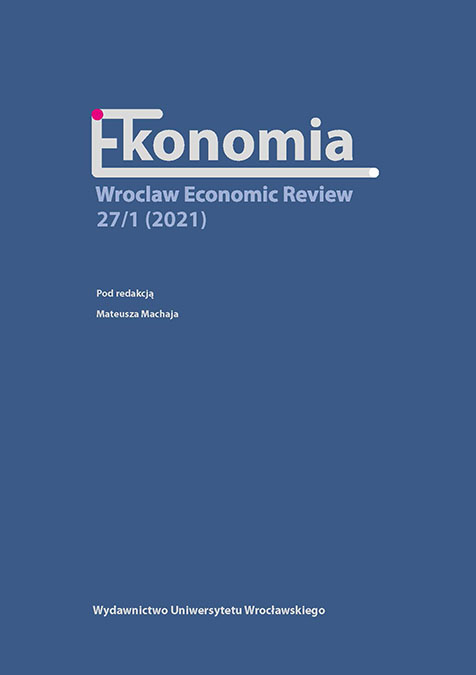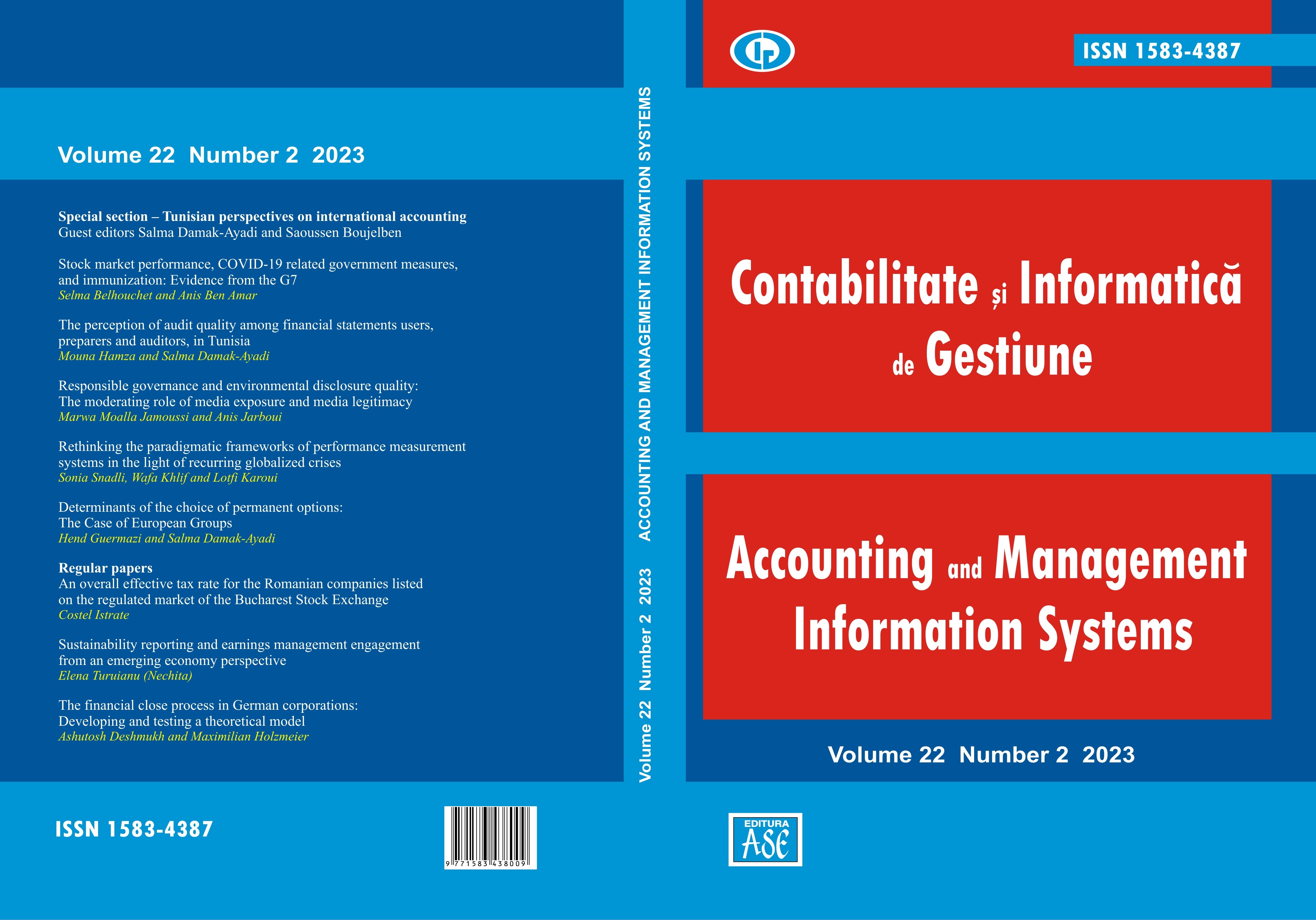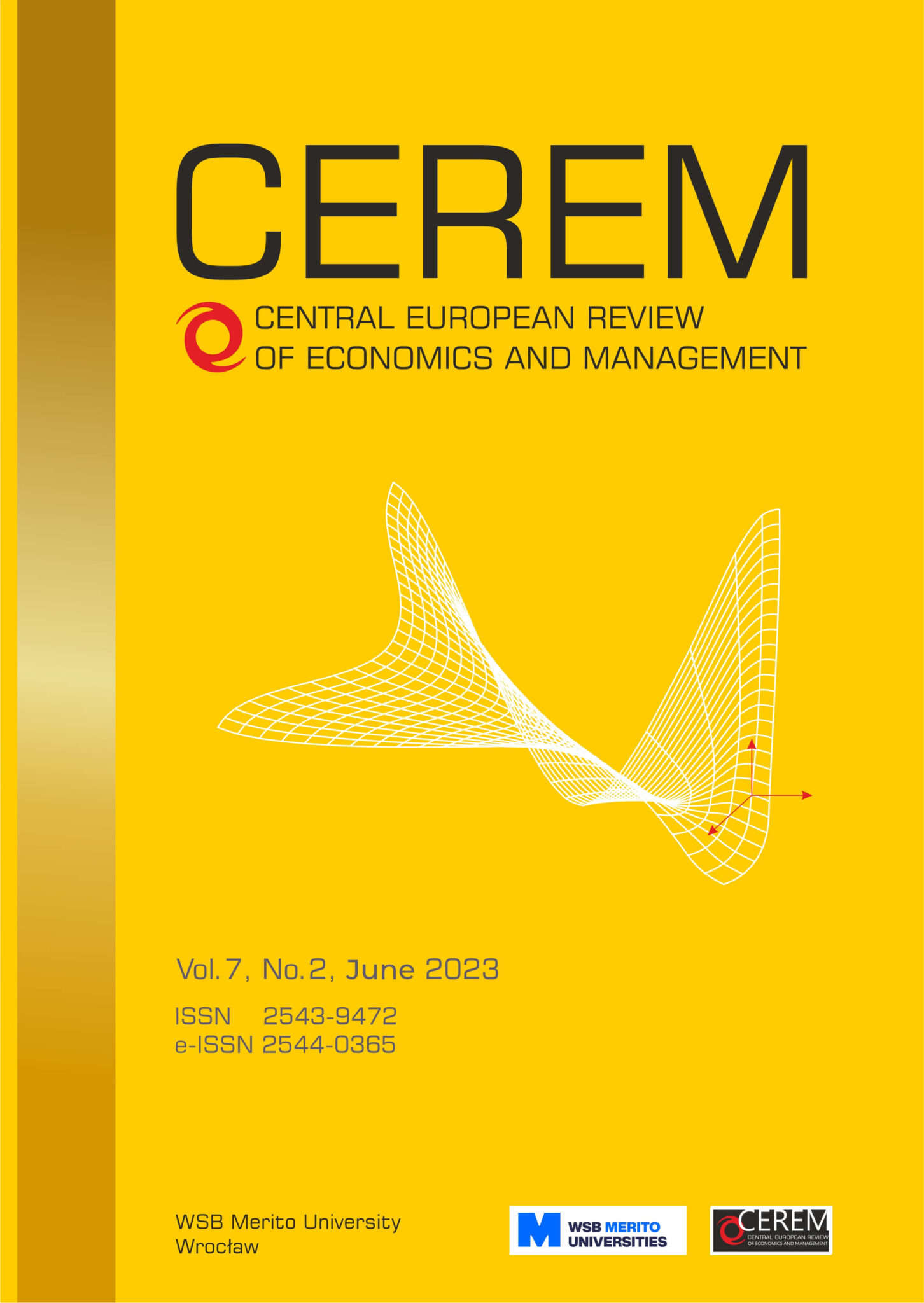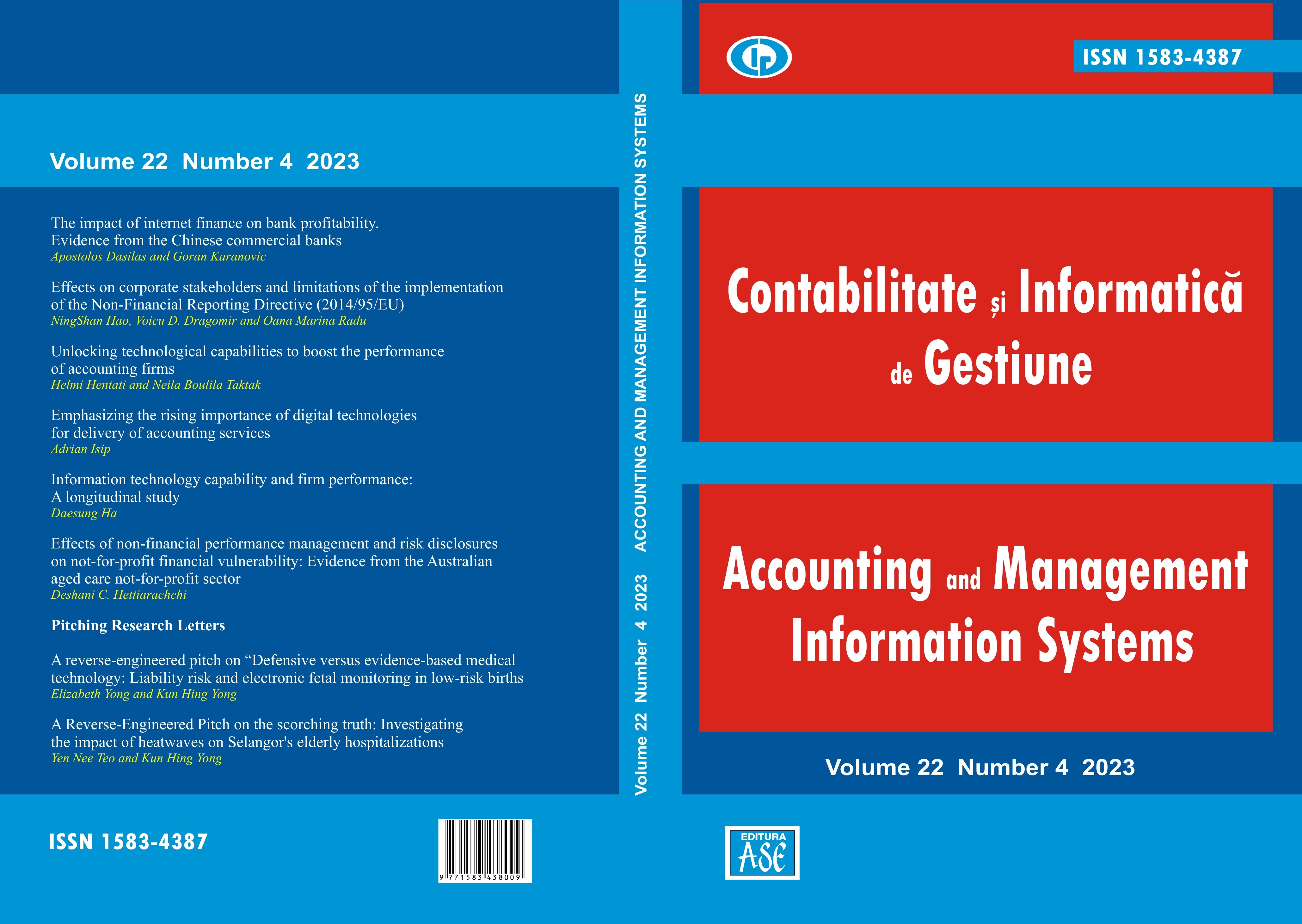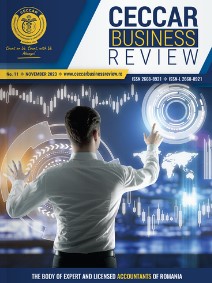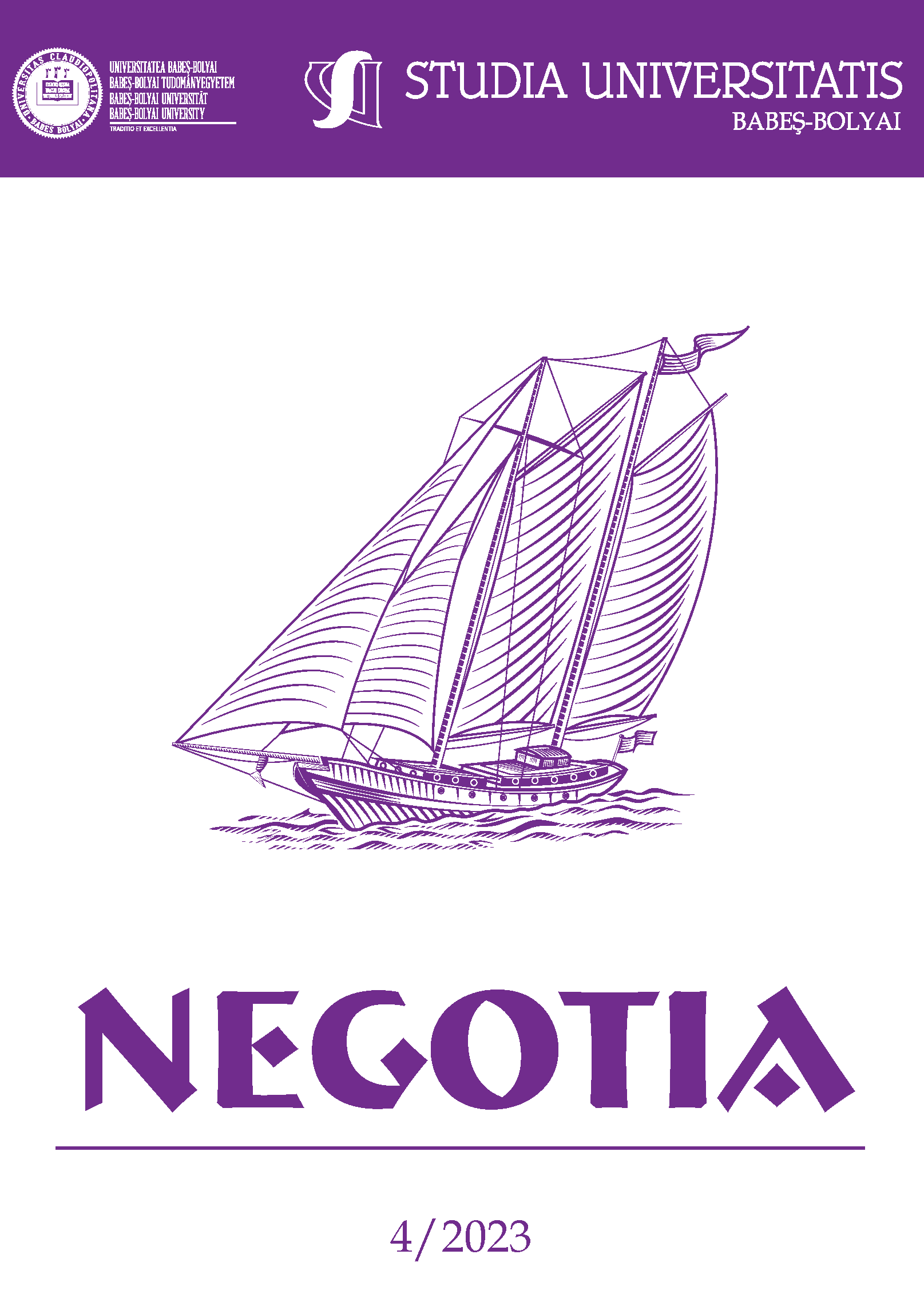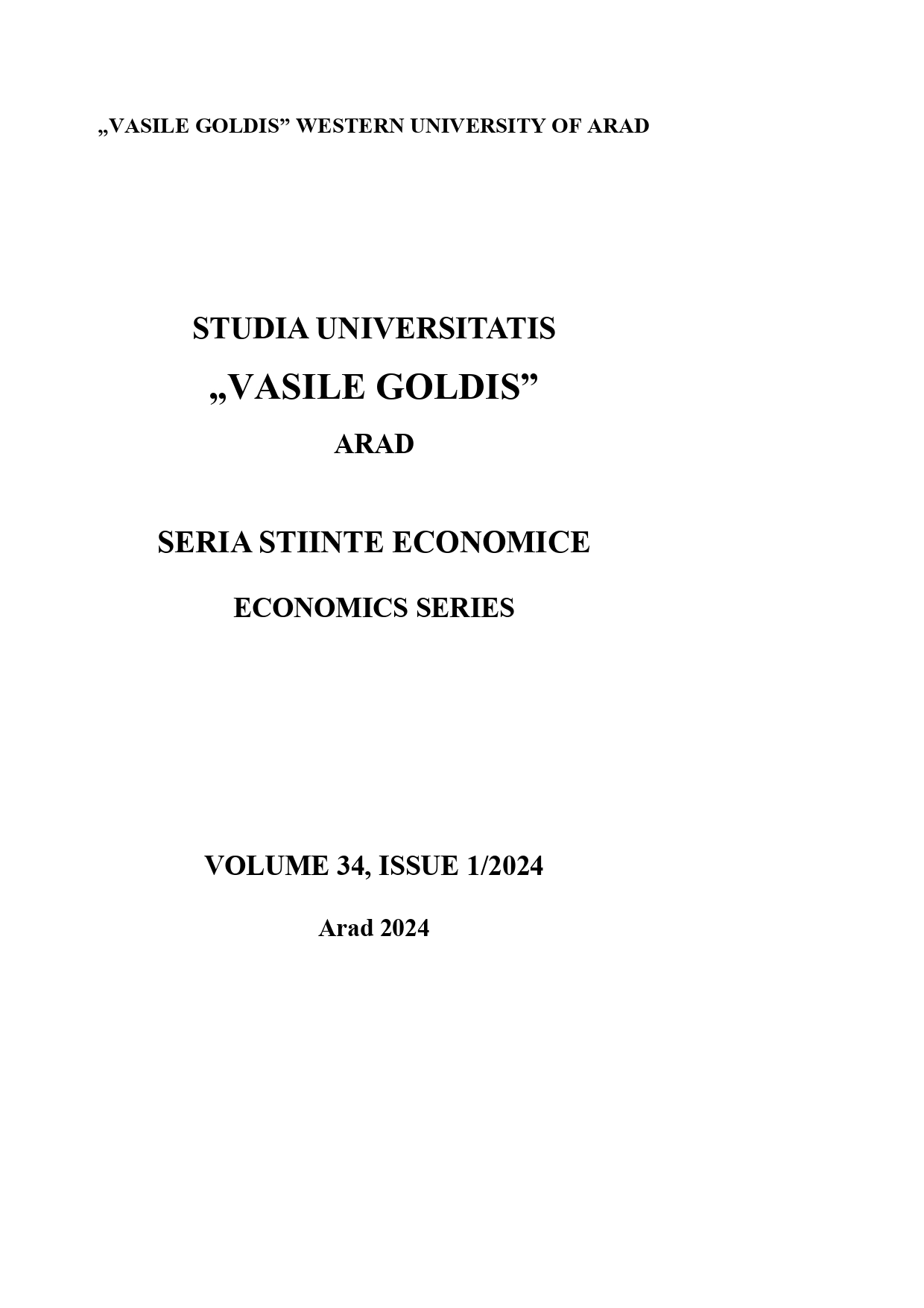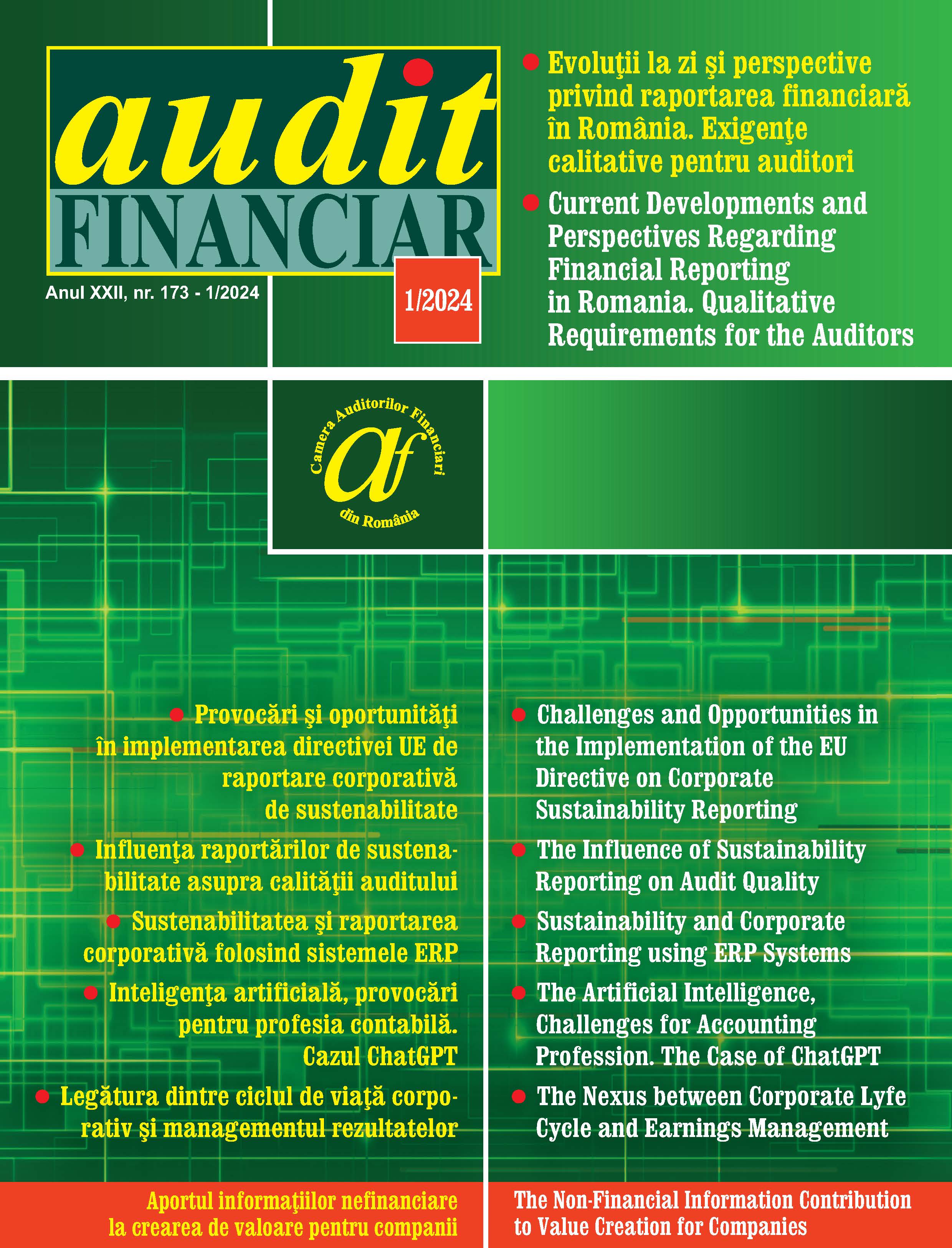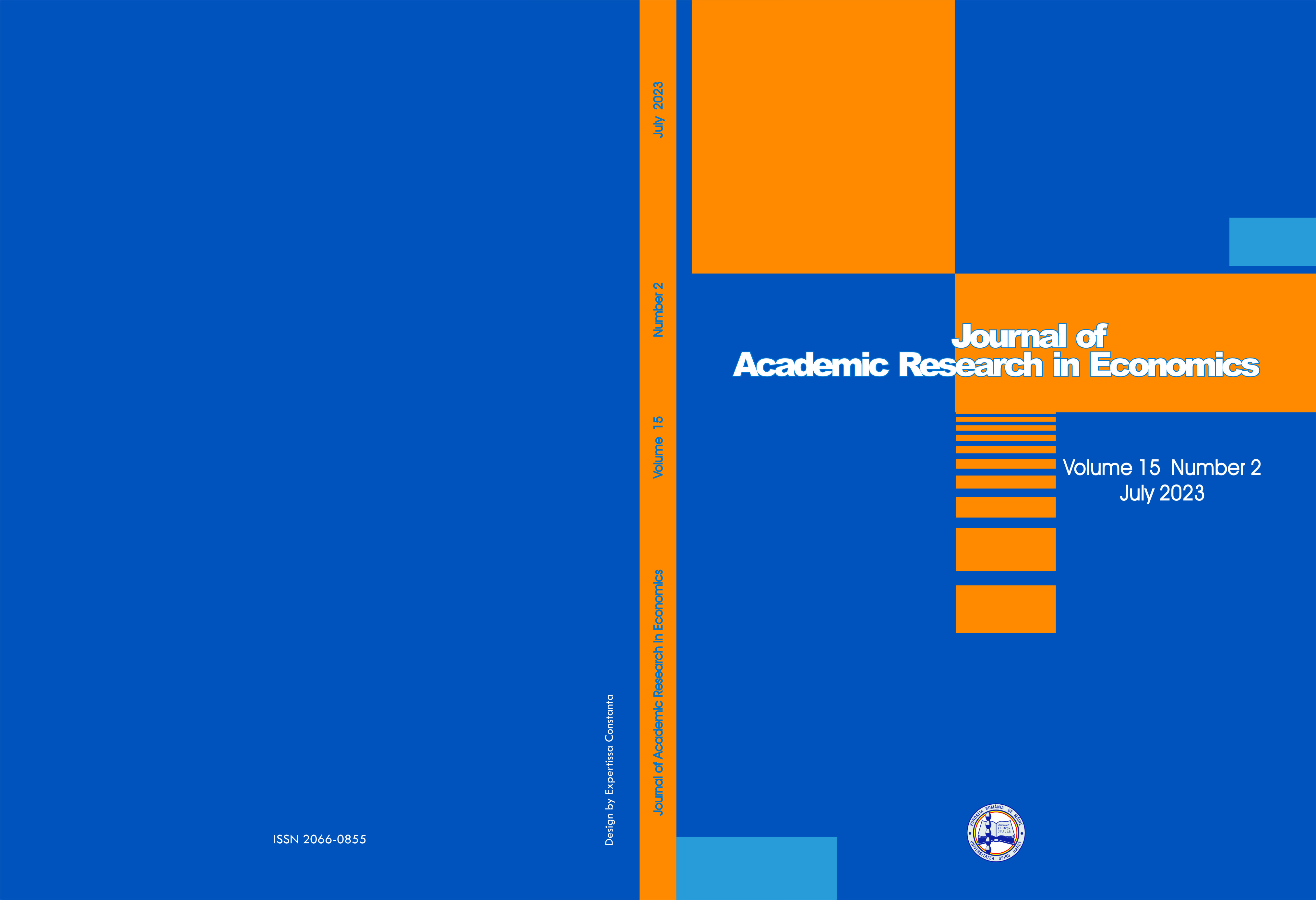Author(s): NingShan Hao,Voicu D. Dragomir,Oana Marina Radu / Language(s): English
Issue: 4/2023
Research question: What are the effects of non-financial reporting (NFR) for companies and stakeholders?Motivation: We draw on previous research that examines the effects and limitations of the Non-Financial Reporting Directive on key stakeholders.Idea: This article investigates the increasing significance of the sustainability orientation in corporate operations, as well as the role of NFR in providing information about social, ethical, and environmental aspects of a particular organization. Additionally, the article explores the possible benefits of sustainability reporting, such as improved reputation, in addition to the company’s ability to contribute to the sustainable development goals.Data and tools: This paper provides a scoping review that explores the influence of NFR on the decisions of various stakeholders, such as companies, investors, governments or regulators, accountants and auditors, employees, and the general public. The review discusses existing studies in the literature focusing on NFR and the legislative context in respect to the transition from NFR to sustainability reporting.Findings and Contribution: This article shows that Directive 2014/95/EU positively influenced the quality and transparency of the sustainability disclosure process of companies. Also, we identify various gaps in the literature, along with challenges faced by firms when reporting on non-financial information and ensuring accuracy and completeness. Based on summarized evidence from the literature, the limitations of NFR include inconsistent formats, lack of standardization, weaknesses in the reliability and comparability of information used in decision-making process, and limited assurance. Finally, our study highlights the importance of transitioning from NFR to sustainability reporting, the latter having significant effects in increasing stakeholder participation, safeguarding business reputation, boosting investor confidence and achieving the sustainable development goals, while complying with legislation. It explores the challenges and opportunities linked to NFR (a synonym of ESG reporting) and specifies the necessary components of sustainability reporting frameworks.
More...
